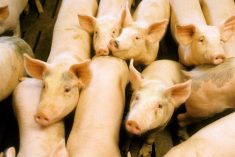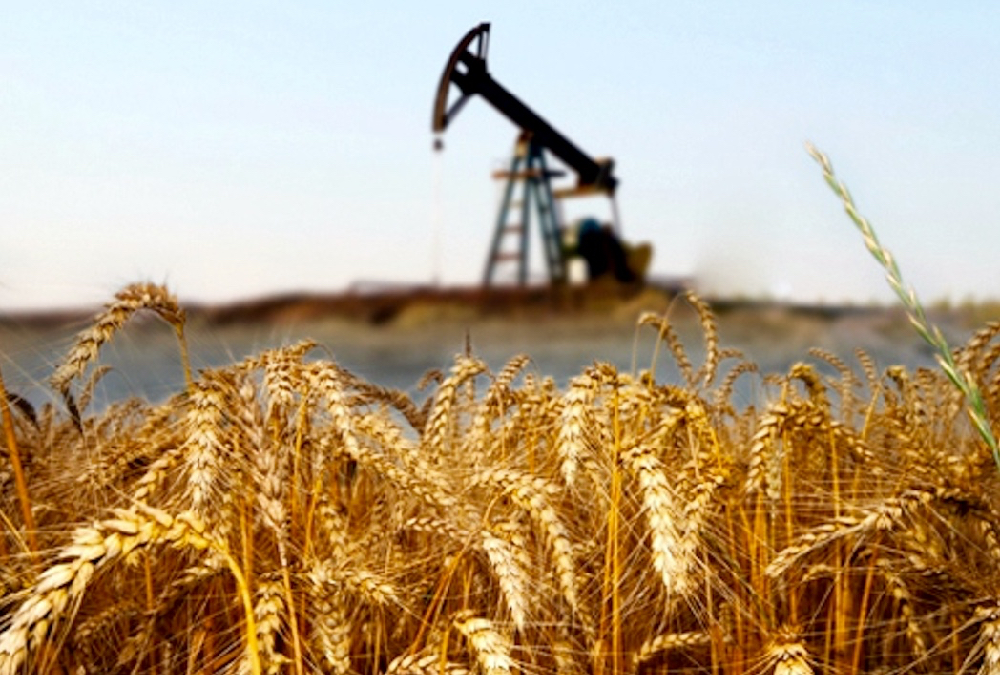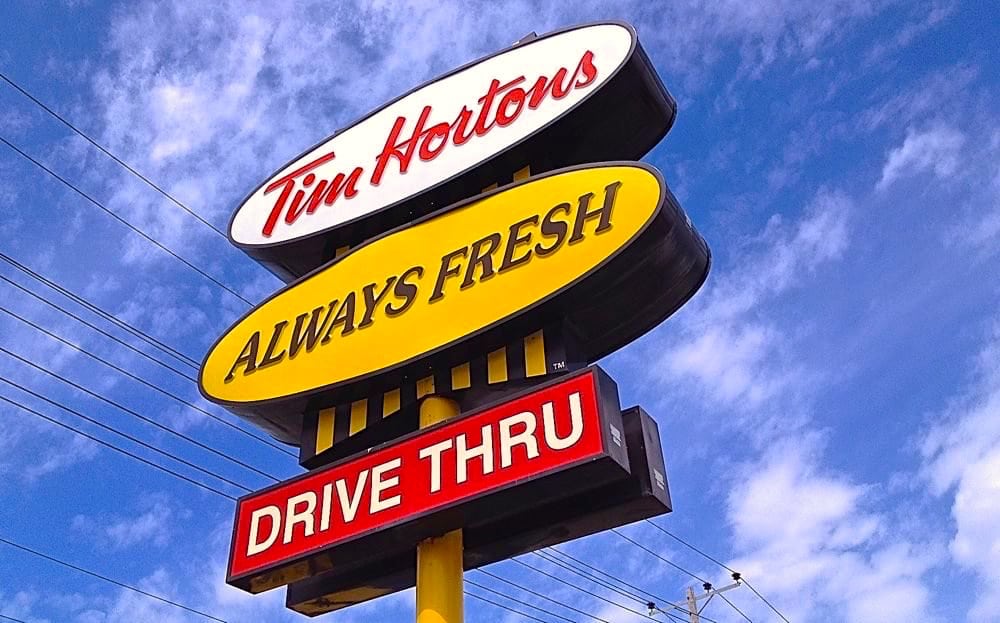I was one of many who believed Saskatchewan, with its landlocked feed grain supply, was a logical place for the hog industry to prosper.
Alarge number and individuals and businesses have lost money due to the demise of the Saskatchewan pork industry. Big Sky Farms, which is currently under creditor protection, is just the latest in the list of disappointments.
Remember Quadra Group, based at Outlook? Back in the ’90s, it was busy raising money from local investors for community-owned hog barns at locations across the province. Most were 600-sow farrow-to-finish operations, designed so they could easily be expanded to 1,200 sow units.
Read Also

Waving Canadian flag not enough to keep rural business afloat
Buying Canadian won’t help save the rural small businesses that help keep farm communities vibrant; it needs to also be “Buy Local.”
Quadra Group later morphed into Community Pork Ventures. In the end, most of the assets were sold to Big Sky Farms, with the original investors losing their money.
At the time, there were valid complaints by some of the original investors. In the restructuring process, they weren’t given an opportunity to buy their barns back. Instead, Big Sky, backed by the Saskatchewan government, was able to take over.
In retrospect, with how bad the economics have been for the hog industry, it was fortunate for local investors that they didn’t get an opportunity to invest more money.
Also back in the ’90s, Saskatchewan Wheat Pool entered the hog business under the name Heartland Pork. It was also working hard to secure community investment.
As Saskatchewan Wheat Pool ran into financial difficulties with a near-death experience, its Heartland Pork assets were sold.
The buyer was Stomp Pork Farms. Again, original investors lost their money. Stomp subsequently ran into financial difficulty and those barns are now sitting empty.
As the largest hog producer in the province, and because there’s so much public money involved, Big Sky Farms is better known to the general public than the other entities. Unlike the others, it continues to raise hogs and is likely to continue doing so after the creditor process is resolved.
However, the company’s future remains uncertain and lots of people and businesses are going to take a financial hit.
GORY DETAILS
Ernst and Young is the court-appointed monitor in the process and it has all the legal documents and gory details on a special website for the entire world to see. In one document, you can see the 17-page list of creditors.
Six secured creditors are listed, along with about 800 unsecured creditors. The creditors will have a take-it-or-leave-it deal to consider at a meeting Feb. 8 in Saskatoon. In situations like this, there is typically no viable option but to take the deal offered.
Under the proposal, unsecured creditors owed less than $4,000 will receive 99 per cent of their money. Those with claims of $4,000 to $40,000 will receive an average of about 31 per cent. Unsecured creditors of over $40,000 will recover an average of only about 10 per cent.
It should be noted that Big Sky is now paying a bonus on feed grain purchases in order to secure supplies. The hogs still need to eat. Some of the grain farmers who are owed money will be able to recoup a portion of their losses by making new deliveries.
Still, the $20 million owed to unsecured creditors cuts a wide swath. In addition to grain producers, those owed money include every other conceivable business that would provide goods and services to a network of hog operations.
Secured creditors, owed $81 million, will end up with Big Sky shares.
Quadra, Community Pork, Heartland Pork, Stomp Pork Farms, Big Sky and many other smaller entities have all run into trouble. It wasn’t supposed to turn out this way. I was one of the many who believed that Saskatchewan, with its landlocked feed grain supply, was a logical place for the hog industry to prosper.
There’s hope that in the months to come, hog production may finally show a small profit after years of continuous losses. Hog production will continue in Saskatchewan, but there are no more illusions of grandeur.
Kevin Hursh is a consulting agrologist and farmer based in
Saskatoon. He can be reached at [email protected].


















